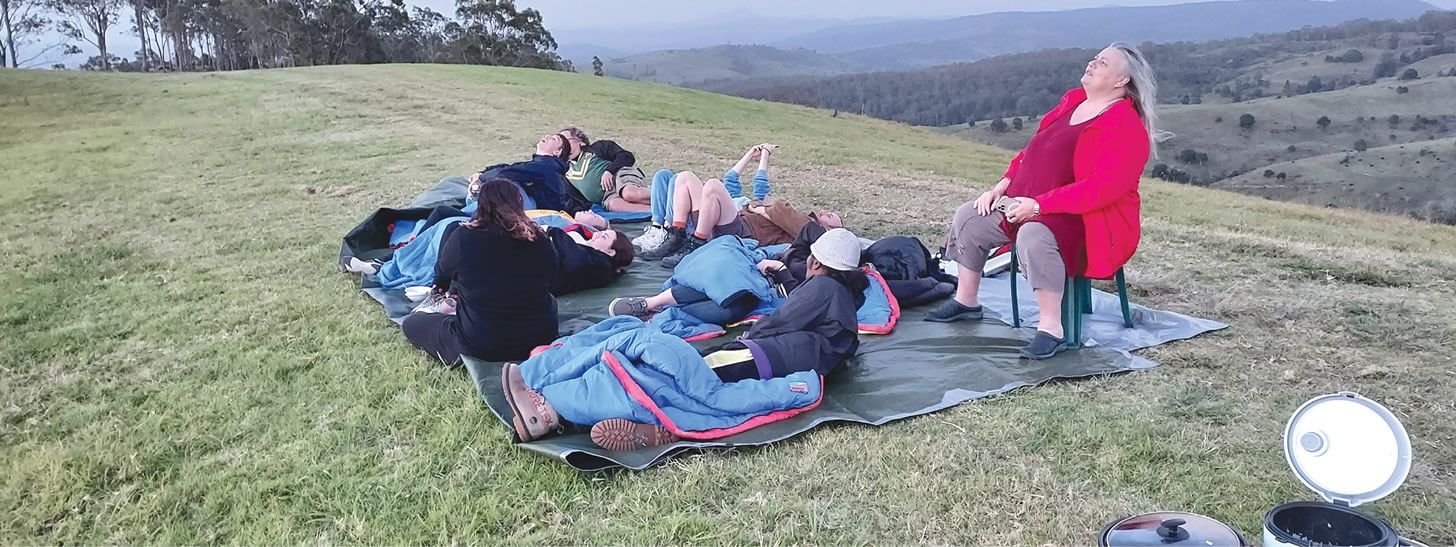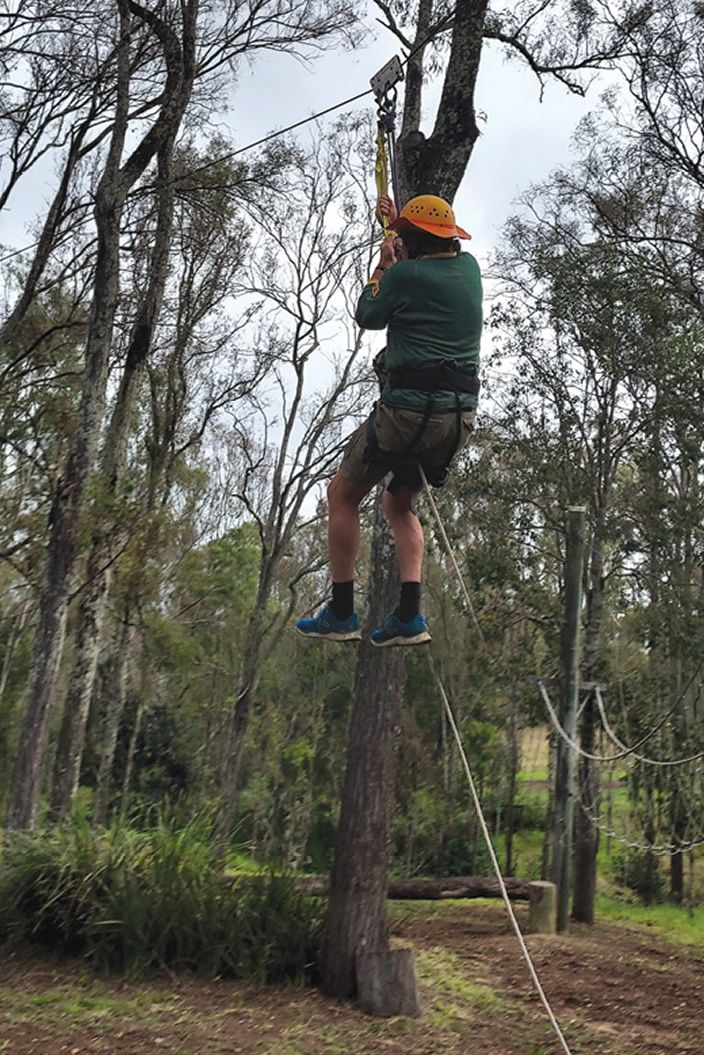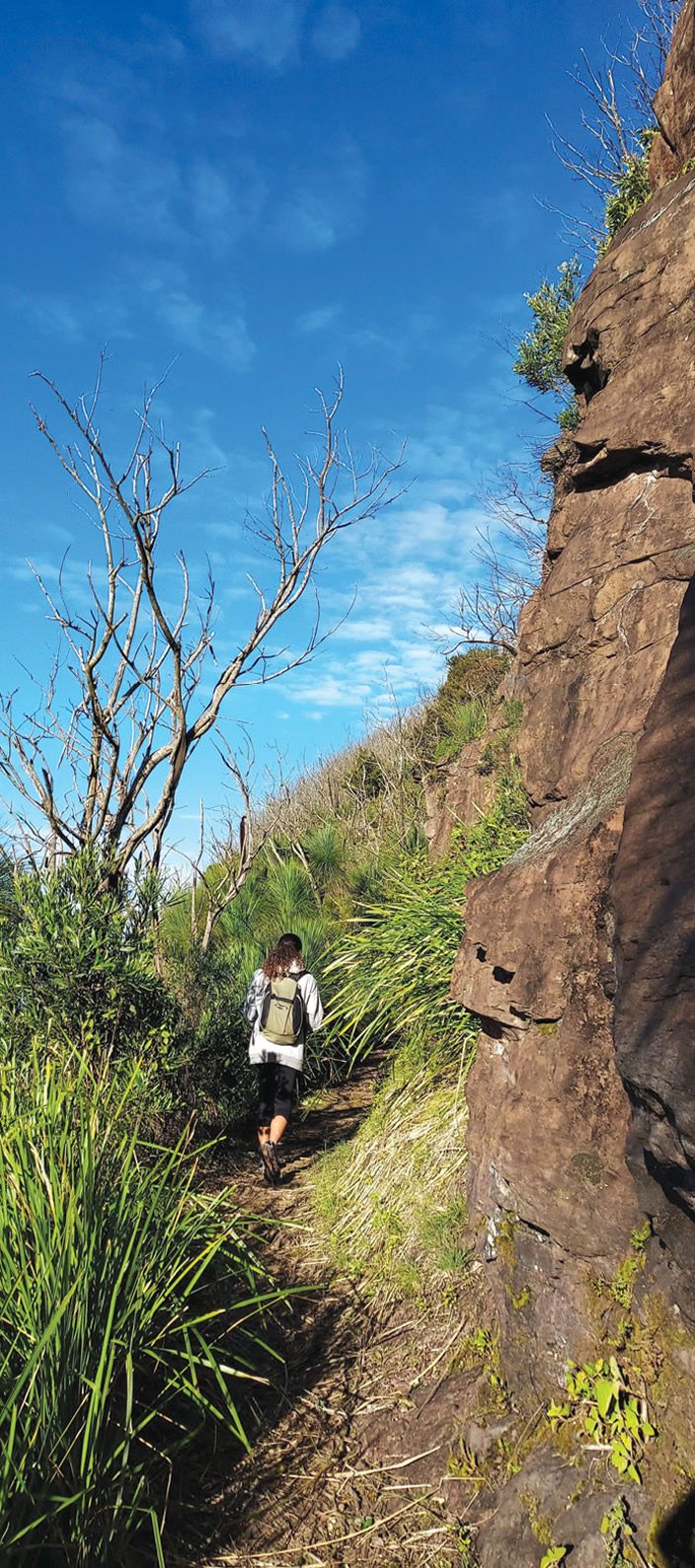
IEU members Heather Millhouse and Frances Missen from Jabiru Community College share their experience delivering an Alternatives to Violence Project workshop, and how such programs benefit their school.
In July this year we ran an Alternatives to Violence Project (AVP) workshop focusing on workplace trust, to education workers from around Australia, at the Doing Schools Differently conference in Adelaide on the Kaurna nation.
The Doing Schools Differently conference organised by the Australian Association of Flexible and Inclusive Education (AAFIE) brings together a range of participants from across education, academia, social work and more to discuss flexible and alternative learning.
We wanted the workshop to be experiential, as this is one of the most useful aspects of the AVP.
Civil rights movement origins
AVP originated in American prisons during the 1970s.
The Civil Rights movement in the United States, under Martin Luther King’s leadership in the 1950s and 60s, used non-violent strategies that were also used by India’s independence leader Mahatma Gandhi.
Many activists in the movement had training in civil disobedience, direct action and non-violence, guided by the American Friends Service Committee (Quakers), other peace church groups and Gandhian networks.
Quakers around the world have always been involved in social justice issues, including prison reform, the abolition of capital punishment and visiting prisoners.
For example, in 1973 there were big increases in drug arrests and prosecutions in New York, disproportionately targeting the poor and people of colour, which led to a rapid increase in the prison population at New York’s Greenhaven prison.
In response, some ‘lifers’ (people who were incarcerated for life) approached the New York Quaker Project on Community Conflict and asked them to facilitate workshops within the prison, centred on non-violent responses to conflict.
Early AVP facilitator and trainer from New York Steve Angell said, “The first workshop (in 1975) was very much centred on individuals telling stories of how they approached potentially violent situations with non-violence.”
AVP was incorporated as a separate organisation to Quakers and continues to be an independent, international association of volunteers.
Angell came to Brisbane in 1991 at the invitation of Lou Hunter and Ron Smith, after which AVP spread around Australia.
There are currently more than 60 countries offering AVP workshops across the globe.
AVP Program at Jabiru
We began running AVP camps at Jabiru Community College in 2015.
Jabiru Community College is a small, independent special assistance school of 80 young people and 25 staff, located in Zillmere in north Brisbane, on Jaggara and Turrabul country.
Previously, we had tried to run AVP sessions and programs onsite, but soon realised we needed an off-site setting to give everyone a better chance to connect and work together through the various sessions as a group.
As a result, our Jabiru Community College AVP Camp Program was developed.
We run between two to four camps per year at The Outlook Boonah, which is a Queensland Government run outdoor adventure and training facility, funded through Youth Justice.










































































































































